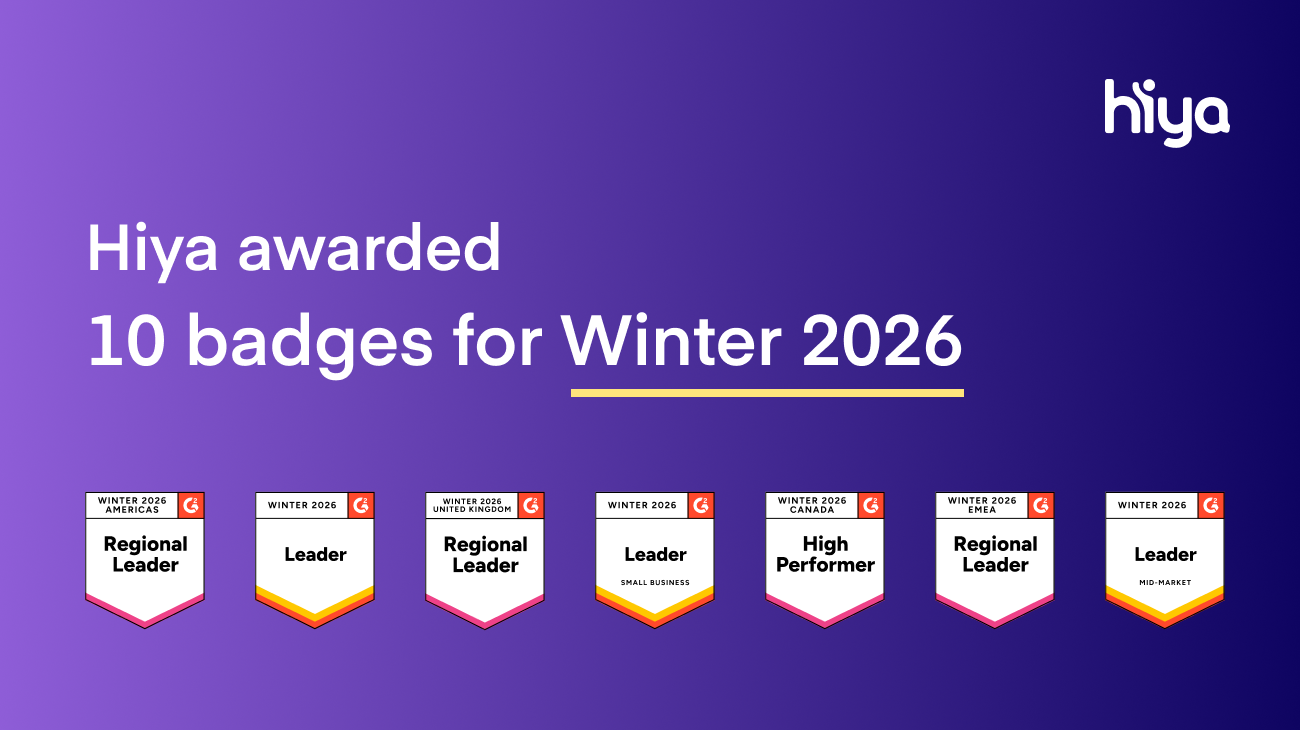
Sometimes, it can be challenging to hear the person on the other end of the line when answering a call. This could be due to several things: a loud room, static, traffic through a tunnel, an unfamiliar voice, screaming children — the reasons are endless. However, when receiving an unexpected call asking, “Can you hear me?” our advice is this: hang up immediately. What is the “Can You Hear Me” scam?
According to the BBB, a scam hitting cities nationwide has affected victims since last year. This new scam uses Verizon’s well-known phrase, “Can you hear me now?” and records victims who say “yes.” The recording is used to authorize several unwanted charges, including phone and utility bills, services, products, and pre-approved credit cards.
Unfortunately, because of scams like this, customers avoid answering calls from phone numbers with no caller ID–including local businesses they work with. In fact, 87% of consumers think unidentified calls are fraud. This can significantly interrupt communication channels with businesses’ valuable customers and affect answer rates.
All it takes is one “Yes”
So, how can a recording of one “yes” give a scammer access to meddle with personal expenses or purchases? Before making the first call, most scammers may already have their victim’s information – phone bills, credit card numbers, social security numbers, etc.
What makes the “yes” recording even worse is that when unauthorized charges are detected, the “yes” can be used against the victim, countering the dispute on the charges. Without even realizing it, before it’s too late, you’re informed that there has been verbal approval for the charges.
How to prevent the "Can you hear me?" scam
Whether you feel you’ve been victimized or you want to prevent yourself from becoming a “Can you hear me now?” scammer’s next victim, here are a few things you should keep in mind to stay off their radar:
-
Do your due diligence and make a habit of checking your credit card, phone, cable or any bills for charges you do not recognize. If you find unauthorized charges, be sure to dispute them. If you are told that you had previously authorized the charges, ask for proof of your approval. If you have trouble disputing an unauthorized charge on your credit card bill, contact the Federal Trade Commission. If you find an amount on your phone bill, contact the Federal Communications Commission.
-
Be aware of the most common spam area codes to avoid getting caught by scammers. If you receive a call from an unexpected solicitor, save yourself time and grief by hanging up immediately. It’s not rude. It’s just playing it safe.
-
Avoid becoming a victim by downloading a caller ID and call-blocking app to help screen and block unwanted calls.
If you receive an unexpected call where the caller is attempting to solicit “yes/no” answers, refrain from responding and hang up immediately. Never give out sensitive personal or business information when unsure of the caller.
How Hiya helps
Above all, it’s crucial to stay informed and updated on scams like the “can you hear me” scam. Proactively protecting personal and business information will prevent scammers from exploiting a lack of knowledge.
The simplest way for businesses to control their outbound caller ID is to submit a request to the Free Caller Registry. Free Caller Registry (powered by a partnership between Hiya, First Orion, and TNS) is a streamlined way for businesses to submit their business name and phone number to major wireless carriers.
For businesses who want to take their call branding to the next level, a branded call is a great way to ensure consistent delivery across device types and carriers. Hiya’s Branded Call allows businesses to show their company, name, logo, and call reason.
Displaying a branded caller ID means that customers know your call is from a legitimate business and is not a scam. They'll pick up the phone, and you'll be able to communicate important information. After all, 72% of consumers say they're more likely to answer if they know who's calling.
When evaluating branded caller ID solutions, there are a few questions you should ask. Get the complete list with Hiya’s Branded Call Checklist and Buyer's Guide and make the best decision for your organization.”

.jpg)

